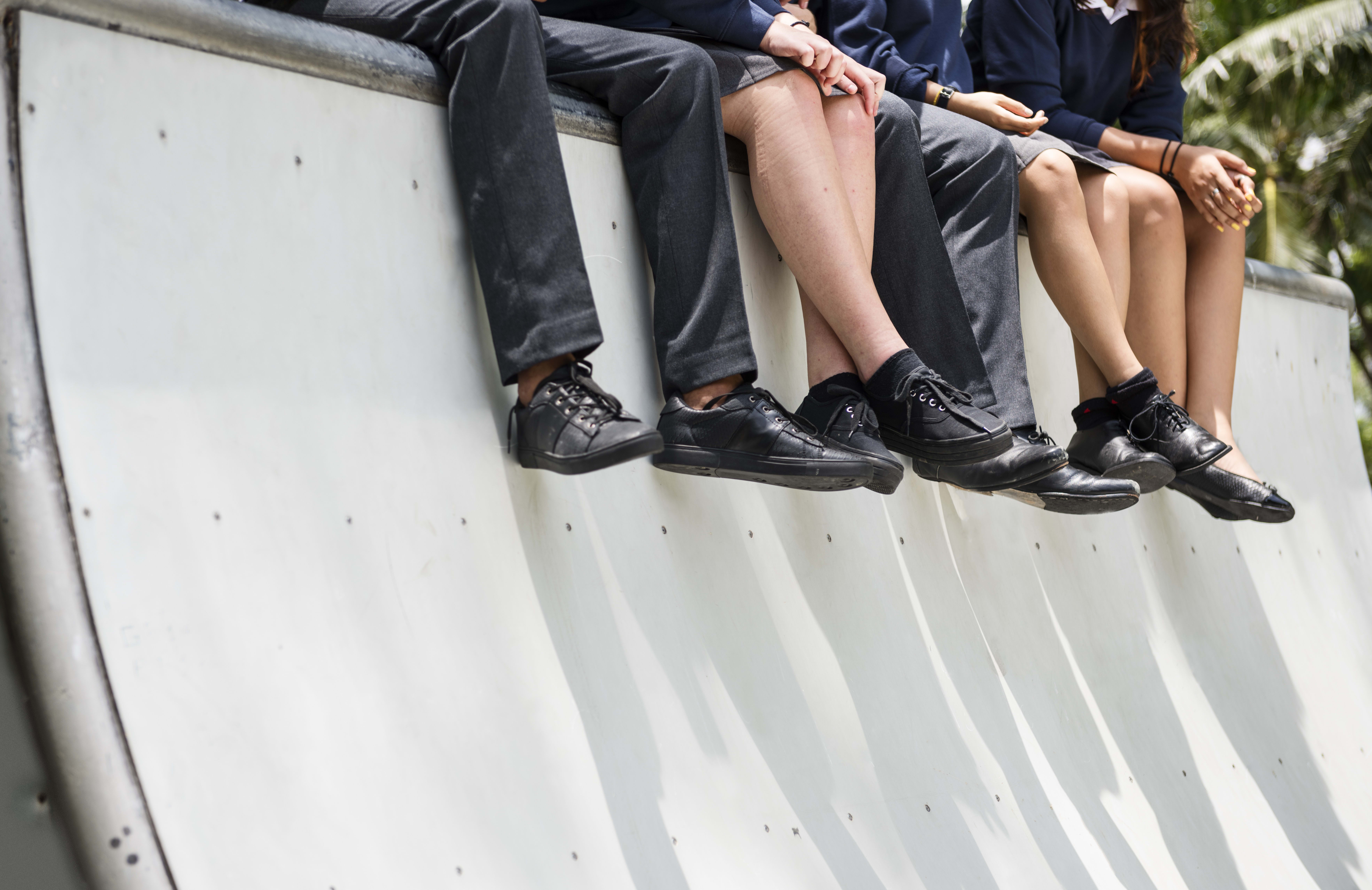Opinion - Since corporal punishment was banned in New Zealand in 1987, there have been periodic grumbles that it's causing moral turpitude in the young.
The latest is from the National Party's Kaikohe chair Alan Price, who made the claim following incidents of vandalism and theft by groups of young people in the town.

School children are human beings with rights, and should be treated that way. Photo: 123RF
To be honest, there's little chance of Mr Price's suggestion going anywhere, with wide and multi-partisan agreement condemning violence against children, but it's worth setting out, once again, why this idea is so wildly wrong.
Firstly, there's no evidence that corporal punishment in schools leads to improvements in student behaviour. In fact there's long-standing research from around the world showing the opposite: that generally behaviour gets worse. Studies from the US where some states and school districts still allow students to be hit by teachers show that schools where corporal punishment is used have poorer academic achievement, more truancy, more student violence and worse drop-out rates than comparable schools that don't use corporal punishment.
Secondly, the notion that children are human beings with rights is one that's fairly important and, as signatories to the United Nations Convention on the Rights of the Child, is a principle New Zealand has signed up to (under a National government in 1993 even). The relevant section states that "parties shall take all appropriate legislative, administrative, social and educational measures to protect the child from all forms of physical or mental violence, injury or abuse, neglect or negligent treatment, maltreatment or exploitation, including sexual abuse, while in the care of parent(s), legal guardian(s) or any other person who has the care of the child..."
But perhaps the biggest barrier to Mr Price's suggestion is the fact that, even if the law was changed and school supplies catalogues started stocking canes and straps again, there would be very few, if any, teachers who'd be willing to actually do the hitting. Even back in the 1960s and 1970s many teachers refused to hit students. In 1985 PPTA members overwhelmingly voted to abolish corporal punishment in schools.
It's abundantly clear that the last 32 years haven't seen teachers wishing to turn back the clock. Unless Alan Price was willing to staff schools with National Party branch chairs and members of Family First, it's hard to see how reintroducing corporal punishment could happen.
To sum up, PPTA's position is that violence against children is simply untenable and to give Mr Price's bizarre and extremely unfortunate opinions any more oxygen is not in anyone's interests.
Jack Boyle is the president of the New Zealand Post Primary Teachers' Association (PPTA). He spent more than a decade teaching English and Drama in Lower Hutt, and has been involved with PPTA from school branch level through to executive roles, including as junior vice president. Raised in Hawke's Bay, he lived in London, Auckland and Wellington before laying down roots in Awakairangi.



